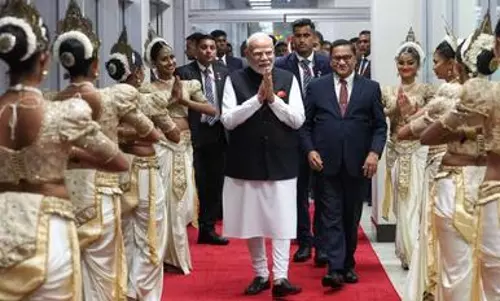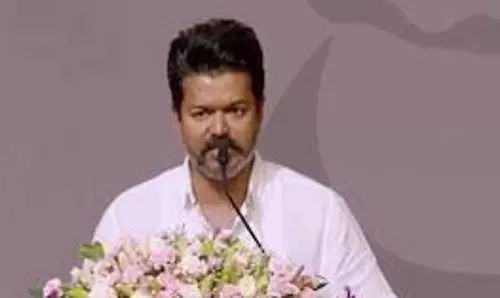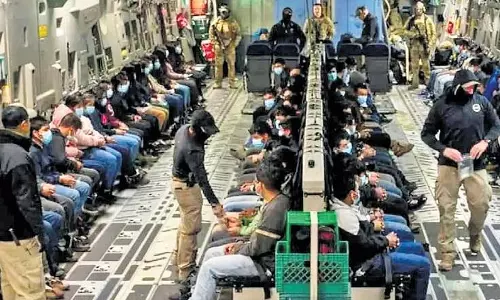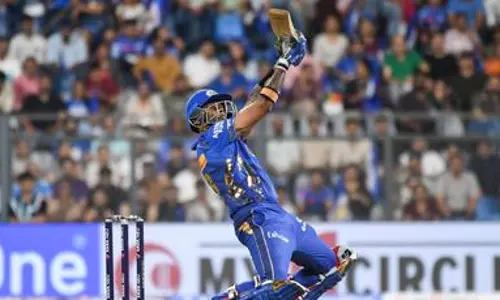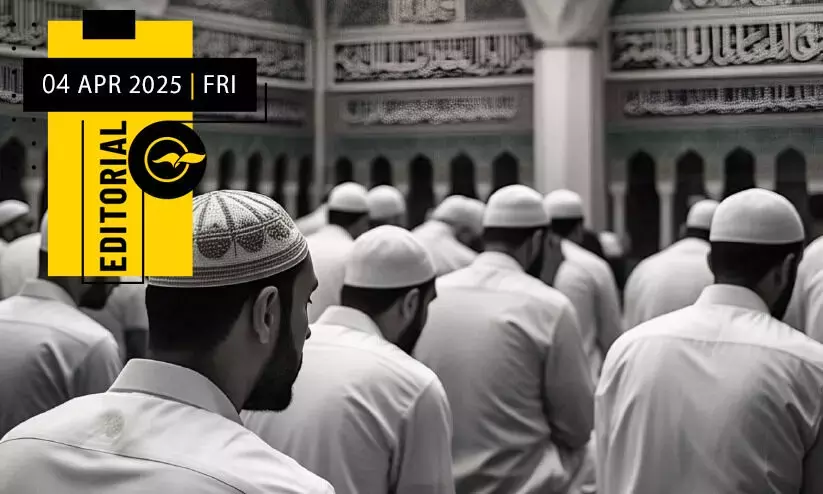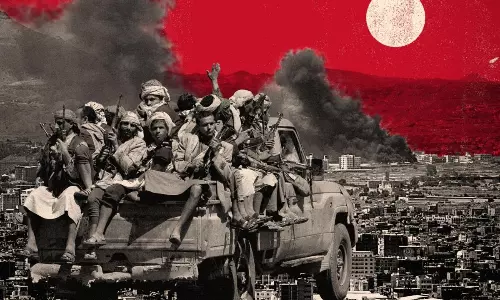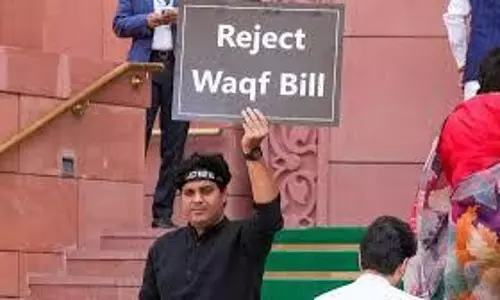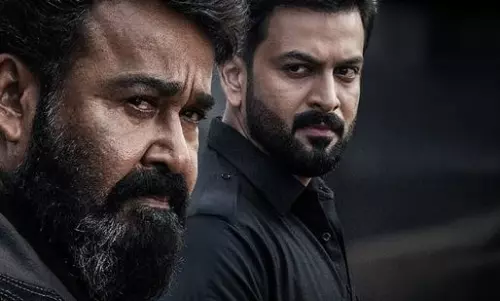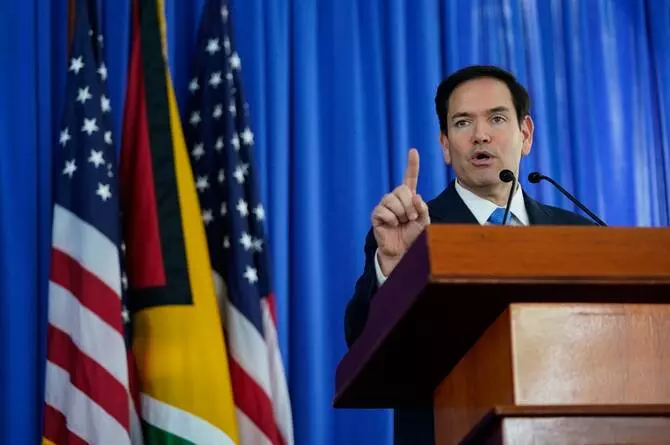
US orders enhanced social media screening for student, visa applicants
text_fieldsUS Secretary of State Marco Rubio | Photo: AFP
Dubai: The U.S. State Department has directed its overseas officials to examine the social media profiles of certain student and exchange visitor visa applicants in an effort to prevent critics of the U.S. and Israel from entering the country, according to media reports.
On March 25, U.S. Secretary of State Marco Rubio issued a 1,700-word memo titled “Action Request: Enhanced Screening and Social Media Vetting for Visa Applicants.” The memo outlined the procedures that foreign service officers must follow when evaluating student and exchange visitor visa applications.
The Handbasket, an independent news outlet that first reported the story, stated that the memo instructed consular officers to send certain visa applicants to the Fraud Prevention Unit for mandatory social media screenings.
This enhanced vetting targets individuals suspected of having links to terrorism, those who held student or exchange visas between October 7, 2023, and August 31, 2024, and those whose visas were revoked since October 7, 2023.
A State Department employee reportedly told the news site that it appeared the immediate target is anyone who participated in pro-Palestinian protests — one of the triggers for social media screening is having been in the US on one of these visas between Oct. 7 and the end of last August, Arab News reported.
The memo outlines that during the screening process, officers MUST ADDRESS any derogatory information indicating that a visa applicant may be subject to the terrorism-related ineligibility grounds of the Immigration and Nationality Act,” which includes “advocating for, sympathizing with, or persuading others to endorse or espouse terrorist activities or support a DESIGNATED FOREIGN TERRORIST ORGANIZATION,” as reported by Arab News.
Additionally, the document offers broader guidance, noting that a student visa applicant doesn't need to explicitly support terrorist actions to be denied. Instead, an applicant could be rejected if they display any level of public approval or advocacy for terrorism or a terrorist group.
The State Department employee explained to The Handbasket that certain directives could be interpreted broadly, allowing for flexibility in their application. For instance, conduct that shows hostility toward U.S. citizens or culture, as well as support or sympathy for foreign terrorist organizations, could raise concerns about an applicant's credibility and the true intent behind their travel.
These issues might prompt further investigation into the individual’s background. Some of the guidelines are intentionally vague, possibly to ensure they can be adapted to different situations as needed.
The cable also references a statement made by Rubio in a CBS in which he said, “We don’t want people in our country that are going to be committing crimes and undermining our national security or the public safety. It’s that simple. Especially people that are here as guests. That is what a visa is ... It is a visitor into our country. And if you violate the terms of your visitation, you are going to leave.”
Since assuming his position in January, Rubio has revoked over 300 visas issued to students, visitors, and others. Last Thursday, he shared with the media that he had been signing letters daily but declined to reveal how the cases came to his attention. He noted, however, that he personally reviewed each case.
Rubio stated that visas would be revoked if individuals engage in activities that go against the U.S.'s national interests or foreign policy. He also mentioned that anyone holding a visa who is charged with a crime while in the U.S. should automatically lose their right to stay.
Furthermore, he noted that even permanent residents, or green card holders, are subject to further scrutiny and could potentially have their status revoked.




